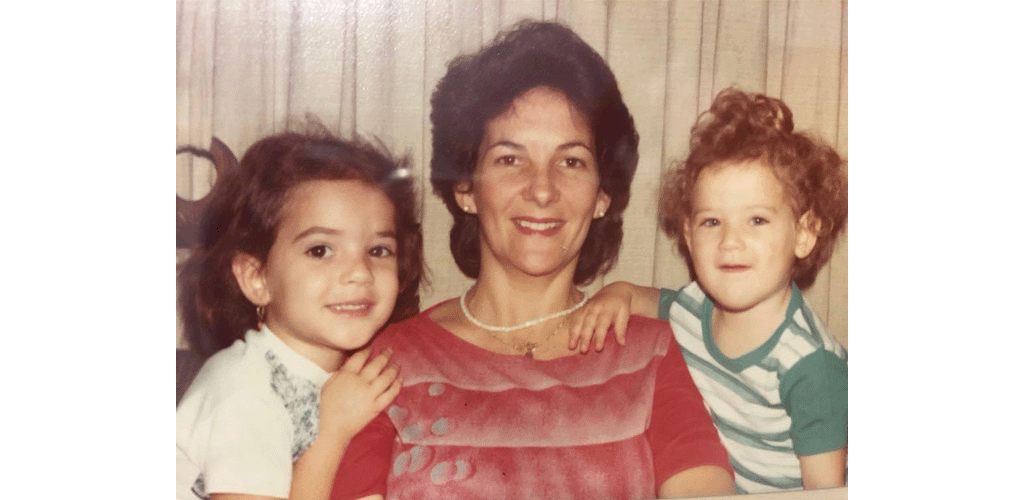Livia Favaro’s purpose came to her like a bolt from the blue. The Corporate Affairs Senior Impact Manager in Brazil joined a meeting with R&D, when they noticed something special about the oat plant: Once you peel back the oat grain outer husk, a rice-like grain is revealed. “Suddenly it was like in cartoons when a light bulb appears above your head,” Livia says.
PepsiCo’s R&D team saw the versatility this “rice” offered consumers. Livia saw the potential to address the hunger crisis in Brazil. The teams thought this would all be possible with the launch of a food like no other: Quaker Oat “Rice.”
Oat “Rice” offers a new way to reach consumers in Brazil with a staple food. PepsiCo’s version contains twice as much fiber and twice as much protein than standard white rice — and can easily be incorporated into signature Brazilian dishes. “This product can be at the table and a part of people’s meals, and that’s a big opportunity for us,” Livia says. “It can be simple as rice and beans and can be fancy as a risotto,” she explains. “You can make it into a dessert. It can be in a salad. It's very versatile.”
If someone told me 10 years ago that in my career, I would have the opportunity to launch a social product, I would say it was a dream.
Once the product hit the shelves, thanks to Livia’s initiative and a partnership with Amigos do Bem, 100% of the profits started flowing toward feeding hungry Brazilians. Food insecurity is one of the most serious challenges in Brazil, with more than 33 million people facing hunger. Together with Amigos do Bem, we aim to reach 25,000 people in the first year, supporting their critical work to end hunger and poverty in the Northeast Backlands. “Quaker Oat 'Rice' is a powerful instrument of hope,” Livia says.
This concept introduced an entirely new category for PepsiCo: a “social product” — one that benefits consumers and society. “If someone told me 10 years ago that in my career, I would have the opportunity to launch a social product, I would say it was a dream,” Livia says.
With the introduction of Oat “Rice,” not only did Livia help launch the concept of a social product, she’s also working to advance food security and make nutritious food accessible to 50 million people by 2030 — a key part of our pep+ ambition.

From left to right: Livia’s sister Larissa Favaro, her mother Elizabete Favaro and Livia.
Given the scale of our ambitions, we needed coordination between multiple teams across Brazil to take Oat “Rice” from concept to reality. From that light bulb moment in the meeting with R&D, getting Quaker Oat “Rice“ to shelves was a six-year process. PepsiCo Brazil’s R&D, Social Impact and Marketing teams refined the product, working to reduce the cook time so it’s similar to rice. They did research to understand how consumers would incorporate the grain into their daily lives. All that time, Livia worked to find a way to reach the people most in need.
Her passion for purpose-driven work started in childhood. Growing up in São Paulo, Livia remembers seeing her mother volunteer at her school and at the local hospital. “The fruit never falls far from the tree,” Livia says. “I got the twinkle in my eye for social impact work from home. I believe good is taught. And that is the greatest example and the greatest legacy that I can leave for my daughter.”
In her role at PepsiCo, Livia is proudly following her mother’s example. “I’m deeply grateful for the chance to be part of something that can truly transform the lives of countless Brazilian families,” she says. “This is just the beginning of a journey to fight food insecurity in Brazil.”